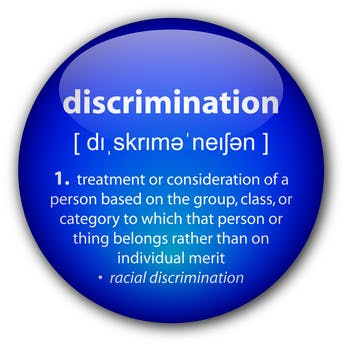By Eric B. Meyer
Happy Monday, everyone.
Glad to see I didn’t break some of your content filters on Friday with my filthy NLRB post. But, hey, just another day in the interesting life of an employment lawyer/HR professional, right?
Today, I bring you a very simple lesson, courtesy of the Philadelphia-based Third U.S. Circuit Court of Appeals, from right here in my backyard.
An indication of possible disability discrimination
That lesson is this:
When you terminate an employee, do not write “Health Reasons” on the employee’s termination form.
That’s exactly what happened in this case (Church v. Sears Holding Corp.), where a retail store with an employee who had suffered a traumatic brain injury ultimately terminated that employee because the store felt that the employee could not articulate what job tasks she could (or could not perform).
That’s all well and good. But, according to the Third Circuit Court of Appeals, when a decision maker contemporaneously documents health issues on a form used to process an employee termination, that may indicate disability discrimination:
The content of the Termination Form is “strong enough to permit the fact finder to infer that a discriminatory attitude was more likely than not a motivating factor in [Sears’] decision,” as it unequivocally states that Church was terminated for “Health Reasons.” Although both Fisher and Davis stated that the reason for this notation was so she was eligible for rehire, a reasonable juror viewing the record and the approximately thirty-five other termination choices on the form could find it “directly reflects” that Church’s disability played a “substantial factor” in Sears’ decision….Moreover, the Termination Form was completed contemporaneously with Church’s termination and so a reasonable juror could find it was proximately “connected to the decision being challenged.”… Lastly, a reasonable juror could find the Termination Form “attributable to a decision maker connected with the” decision to terminate Church. Indeed, there is no dispute that Davis, who signed the form, and Fisher, the store manager, were both decision makers who stated Church was terminated for health reasons.”
Takeaways for employers
To be clear, you can fire an employee with a disability for performance-related reasons, insofar as that employee cannot perform the essential functions of the job with or without reasonable accommodation.
However, what this case teaches is that the termination form should focus on the performance-related reasons, and not the disability which may have caused the performance issues.
This was originally published on Eric B. Meyer’s blog, The Employer Handbook.
